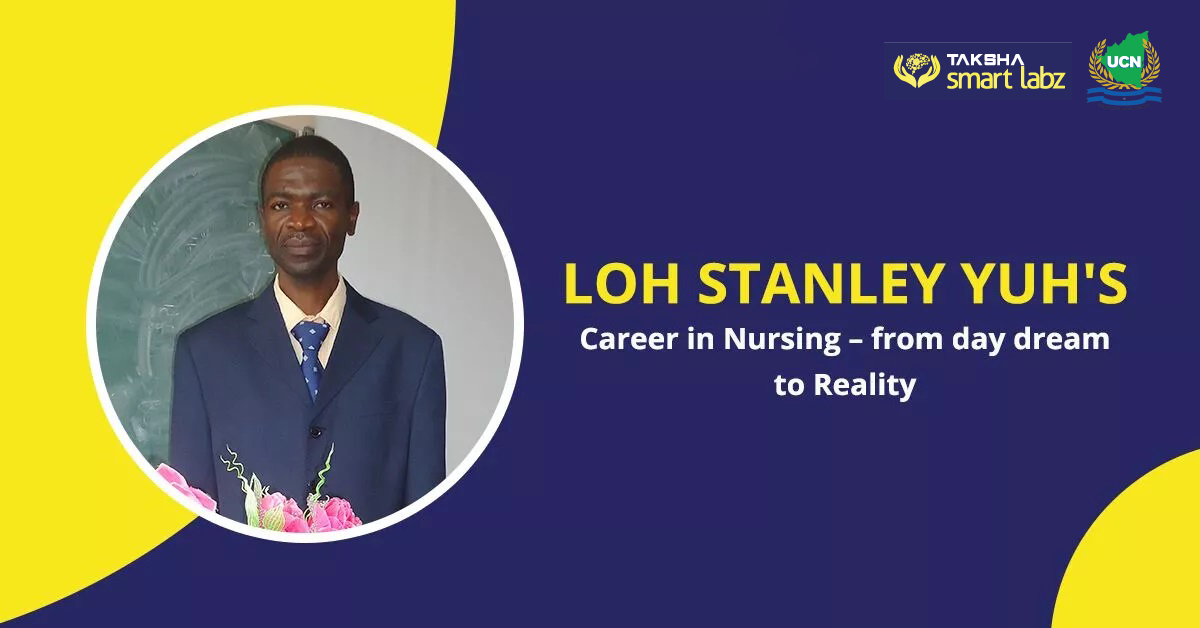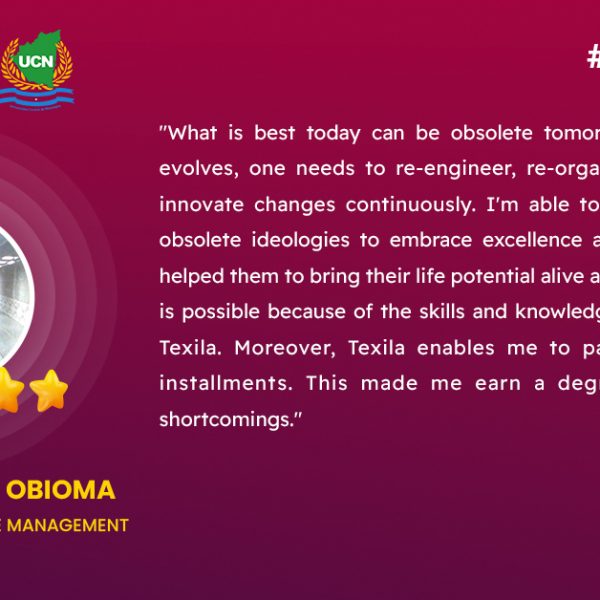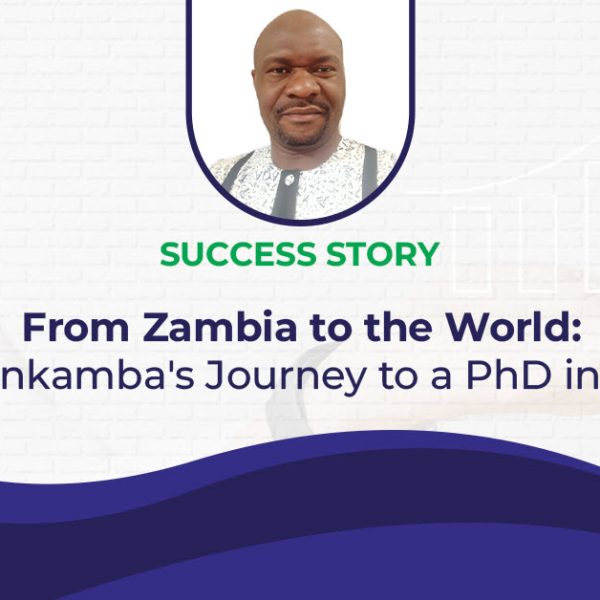Experience with the PhD in Nursing
Dr. Loh Stanley Yuh is a nursing director at the Regional Hospital Bamenda-Cameroon and committed to building a genre of nursing professionals that are the first point of care in a health setup and are responsible for positive patient outcomes.
“My major role at the moment is consolidating research and project outcomes in relevant areas to create a large pool of professional nurses with terminal degrees in nursing, for Cameroon,” says Dr. Yuh, who has completed PhD in Nursing at the Texila American University.
A terminal degree in nursing includes a Doctor of Philosophy (PhD), Doctor of Education (EdD), and Doctor of Nursing Practice (DNP). These advanced qualifications, Dr. Yuh says, redefine nurses’ roles, taking them to the next level of healthcare delivery.
Texila’s standard course structure was so well developed that I could peg it with PhD curricula of other institutions around the globe, says Dr. Yuh.
“Online learning system, Moodle was well-structured, simple to operate and personalized for easy signing in and out anywhere and at any time,” says Yuh, calling it a highlight of the system.
The CMS has its advantages, with communication enhanced with a feedback system to ensure effectiveness. I could log in, view my course grades, pay fees, and view my finance spreadsheet and obtain other documents readily.
Texila American University was a melting pot of culture, he says. “The blend of cultures had a positive impact on my personality, and I could appreciate even the challenges that it brought along.”
“I initially struggled to ‘decode’ what my academic mentors said due to accent issues, but that was short-lived.”
I had a remarkable experience from day one of my association with Texila – starting from my enrolment/admission officers to my mentors, student coordinators, and faculty; I was well supported.
“The faculty was patient, caring, and the nursing department encouraged me to realize my full potential. I got the chance to explore my academic interests in the four years at TAU. No program got held back because the lecturer was not available.
“Mentors at Texila were determined that students succeed and do not hesitate to offer personalized guidance during a crisis. None of the staff members would hear of my dropping out of the program – a challenge that I overcame with the support of my mentors,” Dr. Yuh says.
Besides information and communication technology skills, Dr. Yuh mastered various internet-based learning competencies while at Texila.
A PhD in nursing molds leadership skills and creates professionals who can help increase the bargaining power of nurses and bolster the image of nursing in the country – and nurses constitute a significant part of healthcare personnel.
Today, Dr. Yuh is a busy man. He takes care of day-to-day business at the Regional Hospital Bamenda-Cameroon, delivering lessons to nursing students, mentoring them both in the classroom and clinical settings.
Collaborating with clinical placement sites for the training of nursing students and with the Ministry of Health in the recruitment, selection, and certification of nursing students; lobbying for improvement in nursing standards in Cameroon alongside policy-making in nursing.
Dr. Yuh says that it is his goal to work towards helping nurses achieve a higher professional status and increase their standing in the government’s eyes.
“Nursing is considered as a last resort when it comes to career choices, and consequently, there is a greater need to build a sense of responsibility and accountability among nursing professionals if we have to prevent nursing personnel from becoming synonymous with Betsey Prig in Charles Dickens’s Martin Chuzzlewit,” says Dr. Yuh.
According to him, nursing has evolved somewhat moderately in many African countries south of the Sahara Desert, including Nigeria. Nursing in Nigeria attained the bachelor’s level in the 60s, post-graduate level in the mid-80s, and doctorate level in 2000.
The evolution in Cameroon has been very slow, and the country is yet to produce its pioneer home-trained doctorate graduate, Dr. Yuh says. Nursing at the diploma level in Cameroon started in 1966. Still, it was not until 1997 that it progressed to the degree level. Home-based MSN programs were launched in 2006, then doctoral programs in 2020.
“Another obstacle to the evolution of nursing in Cameroon is that nurses were not ranked in the same category (Category A2) with physicians up to 2001, even if the nurse had a doctorate in nursing. This regulation caused so many nursing personnel to remain at mediocre levels of their career or leave the country for greener pastures,” Dr. Yuh says.
Even though the special status of nursing personnel of July 2001 brought in some impetus, the situation has not changed much. The special status does not allow for nurses with a master’s degree in nursing to get reclassified from Category A1 to A2 in the public sector, he says.













